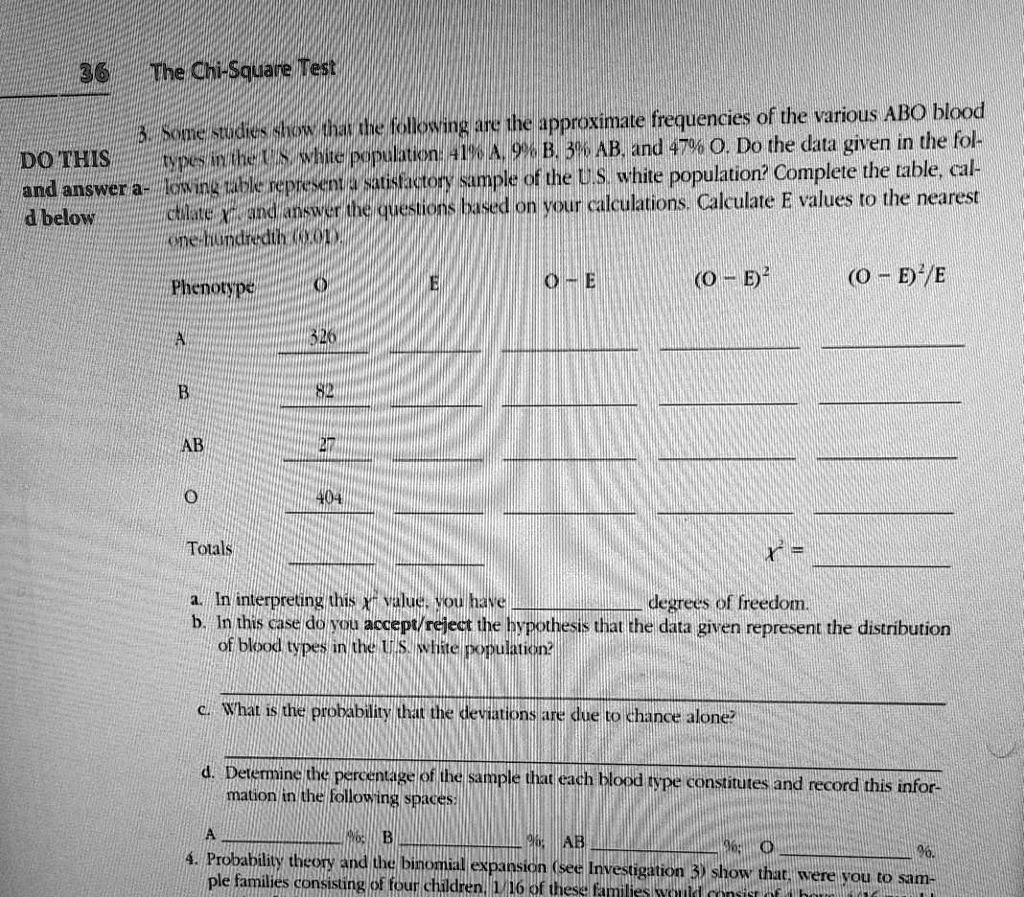

Tell each of your health care providers about all medicines you use now and any medicine you start or stop using.ĭo not take ginseng without medical advice if you are using any of the following medications: Other drugs may interact with ginseng, including prescription and over-the-counter medicines, vitamins, and herbal products. Ginseng may also be used for purposes not listed in this product guide. Herbal/health supplements should be purchased from a reliable source to minimize the risk of contamination. There are no regulated manufacturing standards in place for many herbal compounds and some marketed supplements have been found to be contaminated with toxic metals or other drugs. Ginseng is often sold as an herbal supplement. Ginseng should not be used in place of medication prescribed for you by your doctor. Medicinal use of this product has not been approved by the FDA. It is not certain whether ginseng is effective in treating any medical condition. Other uses not proven with research have included attention deficit-hyperactivity disorder ( ADHD), breast cancer, cancer related fatigue, menopausal symptoms, memory loss, anemia, insomnia, bleeding disorders, digestive disorders and other conditions. However, research has shown that ginseng may not be effective in treating this condition. Ginseng has also been used to improve athletic performance. Ginseng has been used in alternative medicine as a possibly effective aid in lowering blood sugar after a meal in patients with diabetes type 2, and for respiratory infections.

Ginseng is an herb also known as Anchi Ginseng, Baie Rouge, Canadian Ginseng, Ginseng à Cinq Folioles, Ginseng Américain, Ginseng Americano, Ginseng Root, North American Ginseng, Occidental Ginseng, Ontario Ginseng, Panax Quinquefolia, Racine de Ginseng, Red Berry, Ren Shen, Sang, Shang, Shi Yang Seng, Xi Yang Shen and other names.


 0 kommentar(er)
0 kommentar(er)
